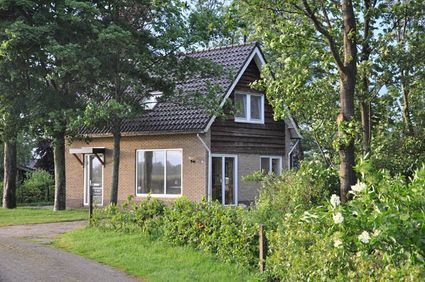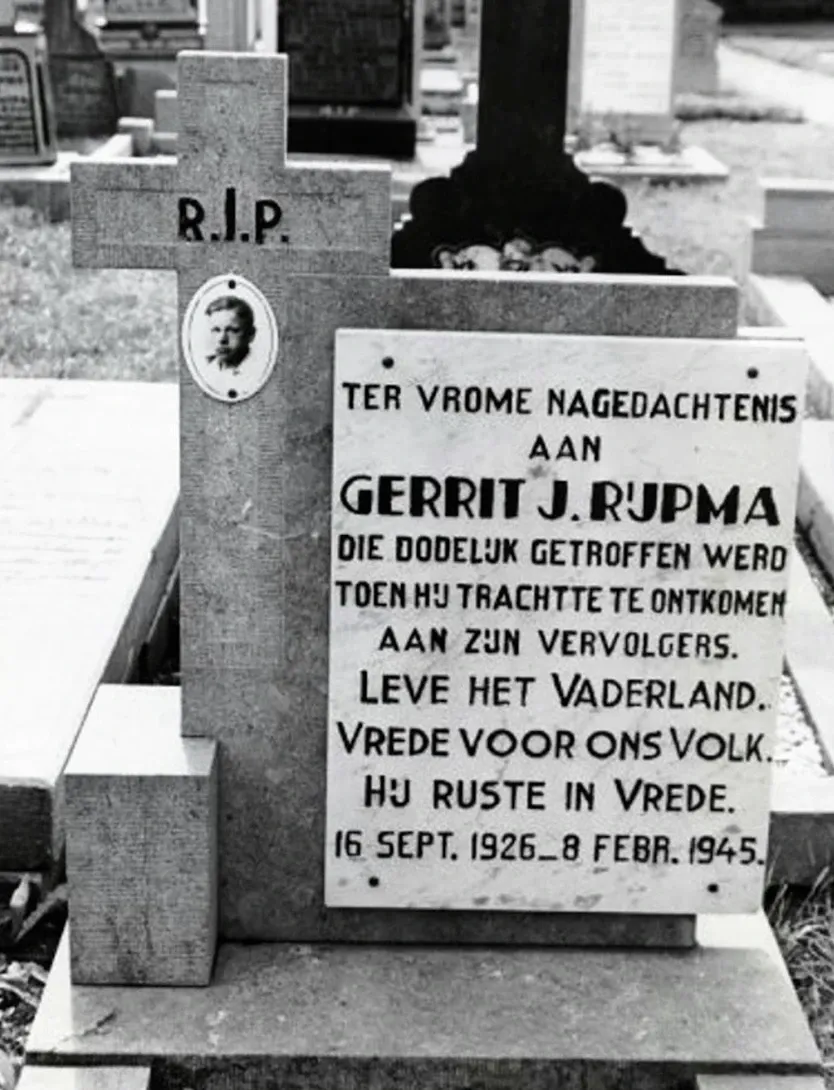locations
409 to 432 of 2048 results
-
Seizoensgebonden - Zijden bloemstylist
Seizoensgebonden - Zijden bloemstylist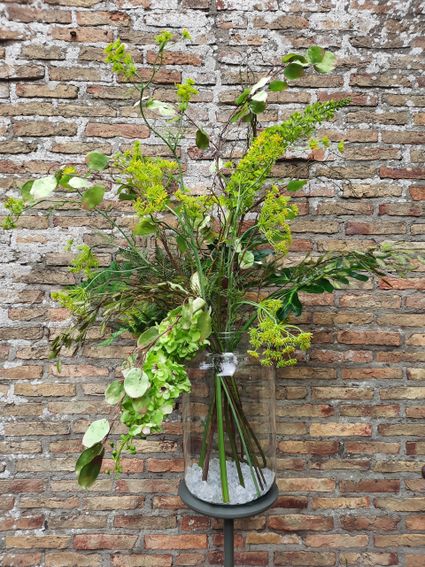
-
Wandeling met gids Lemmer
Wandeling met gids Lemmer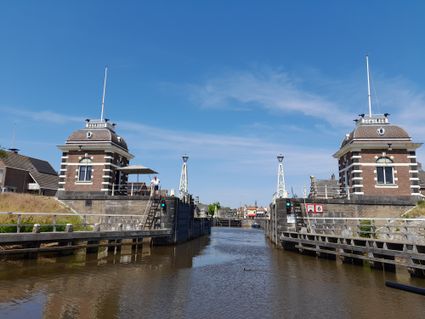
-
Zwembad Vitaloo
Zwembad Vitaloo
-
Aquacamping en Jachthaven De Rakken - Vrijstaand vakantiehuis
Aquacamping en Jachthaven De Rakken - Vrijstaand vakantiehuis
-
Watervillapark Idskenhuizen - Lytse Lies
Watervillapark Idskenhuizen - Lytse Lies
-
Museum Warkums Erfskip
Museum Warkums Erfskip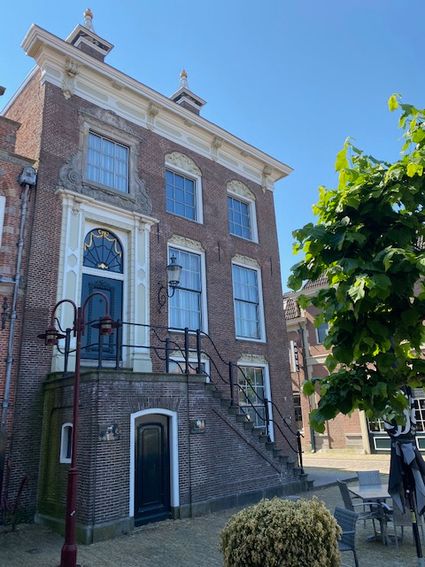
-
E-bike oplaadpunt - RCN vakantiepark De Potten
E-bike oplaadpunt - RCN vakantiepark De Potten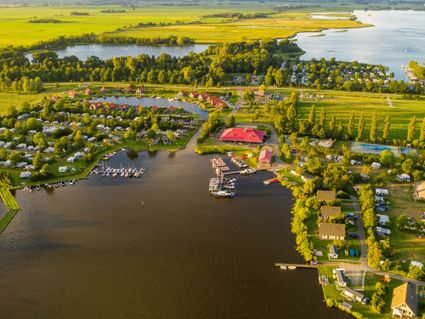
-
Poem 'Graf te Blauwhuis'
Poem 'Graf te Blauwhuis'
The small village of Abbega and the neighbouring hamlet of Abbegaasterketting hid dozens of people in hiding during the war. In February 1945, a raid shocked the small community. Resistance fighter Gerrit Rijpma, 18, was fatally hit in the process. The famous Dutch writer Gerard Reve, who lived next door to a sister of Gerrit Rijpma in nearby Greonterp from 1953 to 1971, was deeply moved by the story of his neighbour's youngest brother. As a tribute to Gerrit, he wrote the poem 'Graf te Blauwhuis'.
According to witnesses, as many people in hiding lived in Abbega and the neighbouring hamlet of Abbegaasterketting as civilians.
Among them were Jewish people in hiding, people who had participated in railway strikes, deserters and young men from the surrounding area who wanted to avoid forced labour. Weapons for the resistance were also hidden there.
Abbegaasterketting was located next to the Bolswardervaart canal, and the absence of paved roads made access difficult. In addition, the inhabitants had implemented an ingenious alarm system: by means of an electric bell, people warned each other when something was wrong, and two people in hiding were on guard every night.
On 8 February 1945, at around half past eleven in the morning, the alarm bell sounded in the Rijpma family home. At that time, the brothers Yp and Gerrit were working in the barn.
When they went outside, they saw a lot of people running away in panic. This is why the brothers decided to sail down the Bolswardervaart, which divides the hamlet in two pieces, in a rowing boat. They hoped that they could get themselves to safety a little bit further on in a bend of the canal, behind the net. On their way there, they picked up their neighbour Minze van der Veen and a person in hiding, who were standing on the other side of the canal. Meanwhile, the German soldiers, aided by members of the Landwacht, a Dutch semi-military organisation, had set off in pursuit and opened fire on the fleeing people. Minze van der Veen was hit in his right elbow. Gerrit was hit three times: one bullet went straight through his body, another lodged in his back, and the third bullet went through his cheeks and teeth. Because the occupiers refused to help, Yp had to carry his dying brother to the boat and take him to a farmhouse nearby all by himself. The help from a woman living in the neighbourhood, who was a nurse, came too late. In great haste, curate Stolwijk of Blauwhuis was sent for, who administered the last rites to Gerrit. He died shortly afterwards. He was buried in the Catholic Cemetery in Blauwhuis.
The famous Dutch writer Gerard Reve, who lived in nearby Greonterp next to a sister of Gerrit Rijpma from 1953 to 1971, was deeply touched by the story of his neighbour's youngest brother. As a homage to Gerrit, he wrote the poem 'Grave in Blauwhuis':
GRAVE IN BLAUWHUIS (for neighbour H., in G.) He ran away, but did not escape, and was hit, and died, eighteen years old. A militant inscription cries out loud, but a sad and silent face looks out from the brown enamelled portrait. Still a child. Goodbye dear boy. You, who are King, of this and that, of whatever, yes, You, answer me, You know why, I don't. That Kingdom of Yours, remember, will it ever be?
In 1983, the mortal remains of Gerrit were transferred from the cemetery of Blauwhuis to Loenen National War Cemetery.
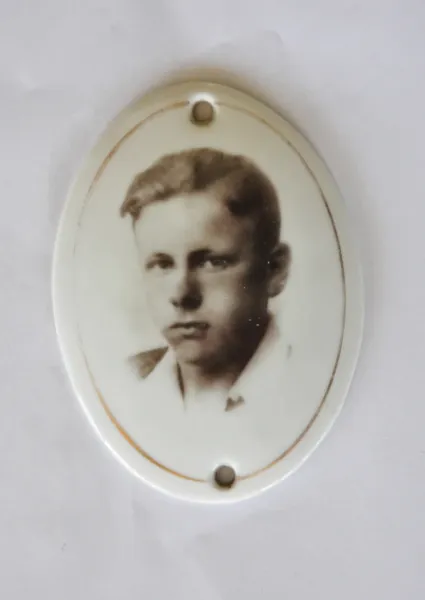
-
Beach Resorts Makkum - Appartement Residence Sudersee 6 personen
Beach Resorts Makkum - Appartement Residence Sudersee 6 personen
-
Vakantiehuisjes Marsherne - Appartement Pastorie Marsherne
Vakantiehuisjes Marsherne - Appartement Pastorie Marsherne
-
de Thaborhoeve
de Thaborhoeve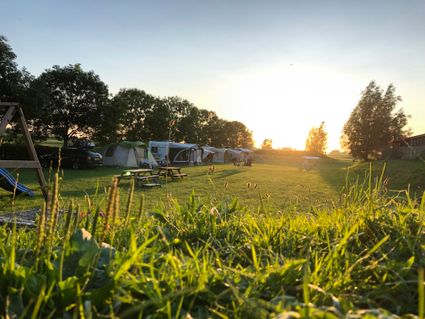
-
Grutte Tsjerke Church in Sloten
Grutte Tsjerke Church in Sloten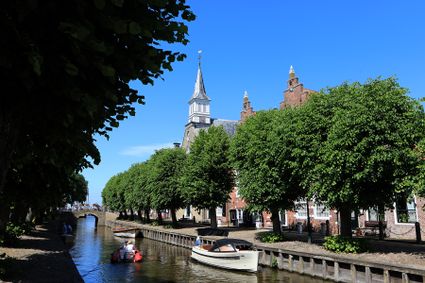
-
De Sylpream
De Sylpream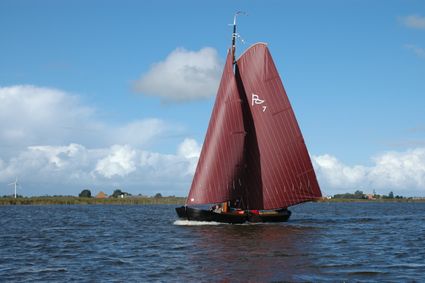
-
Sloep huren Heeg
Sloep huren Heeg
-
Hotel Restaurant 't Schippershuis
Hotel Restaurant 't Schippershuis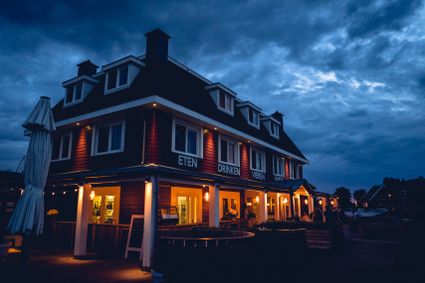
-
H2Oevents
H2Oevents
-
Stadswandeling Bolsward
Stadswandeling Bolsward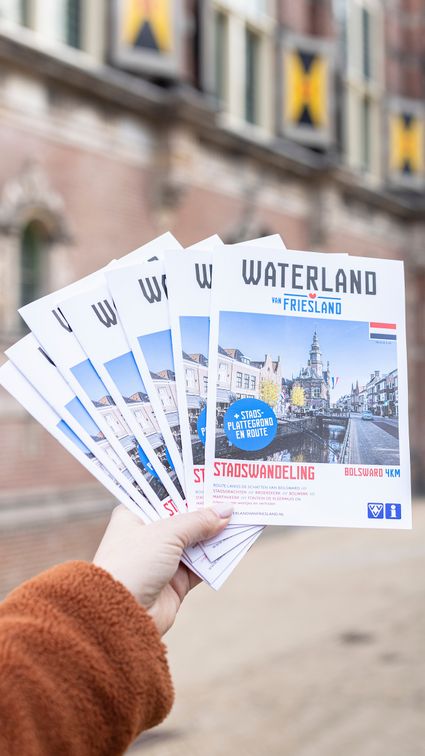
-
E-bike oplaadpunt - Burggolf Golfclub Sint Nyk
E-bike oplaadpunt - Burggolf Golfclub Sint Nyk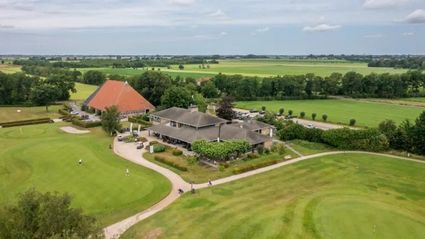
-
Easterein (Oosterend)
Easterein (Oosterend)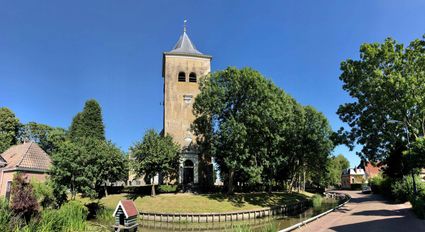
-
Irish Pub
Irish Pub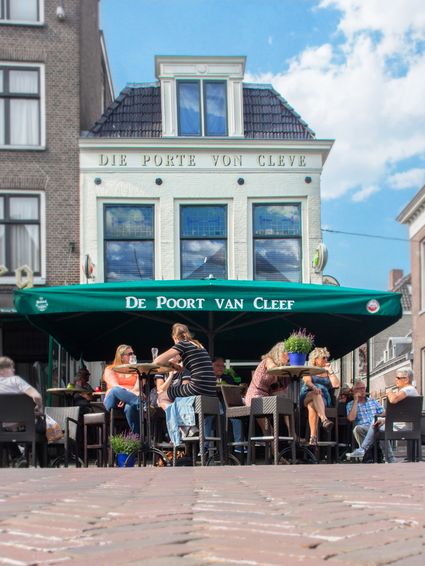
-
Sint-Nicolaaskerk Piaam
Sint-Nicolaaskerk Piaam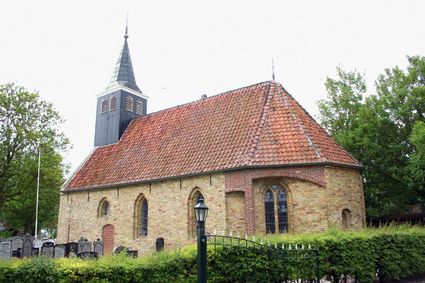
-
Kitesurfing Spot at Workum
Kitesurfing Spot at Workum
-
Locks and the Sylhús
Locks and the Sylhús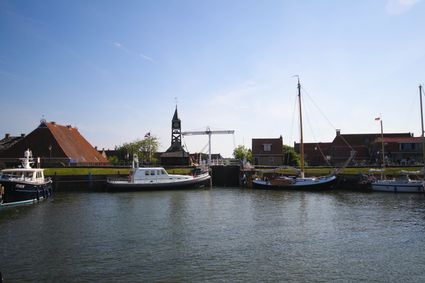
-
Oldeouwer Vakantiehuizen
Oldeouwer Vakantiehuizen